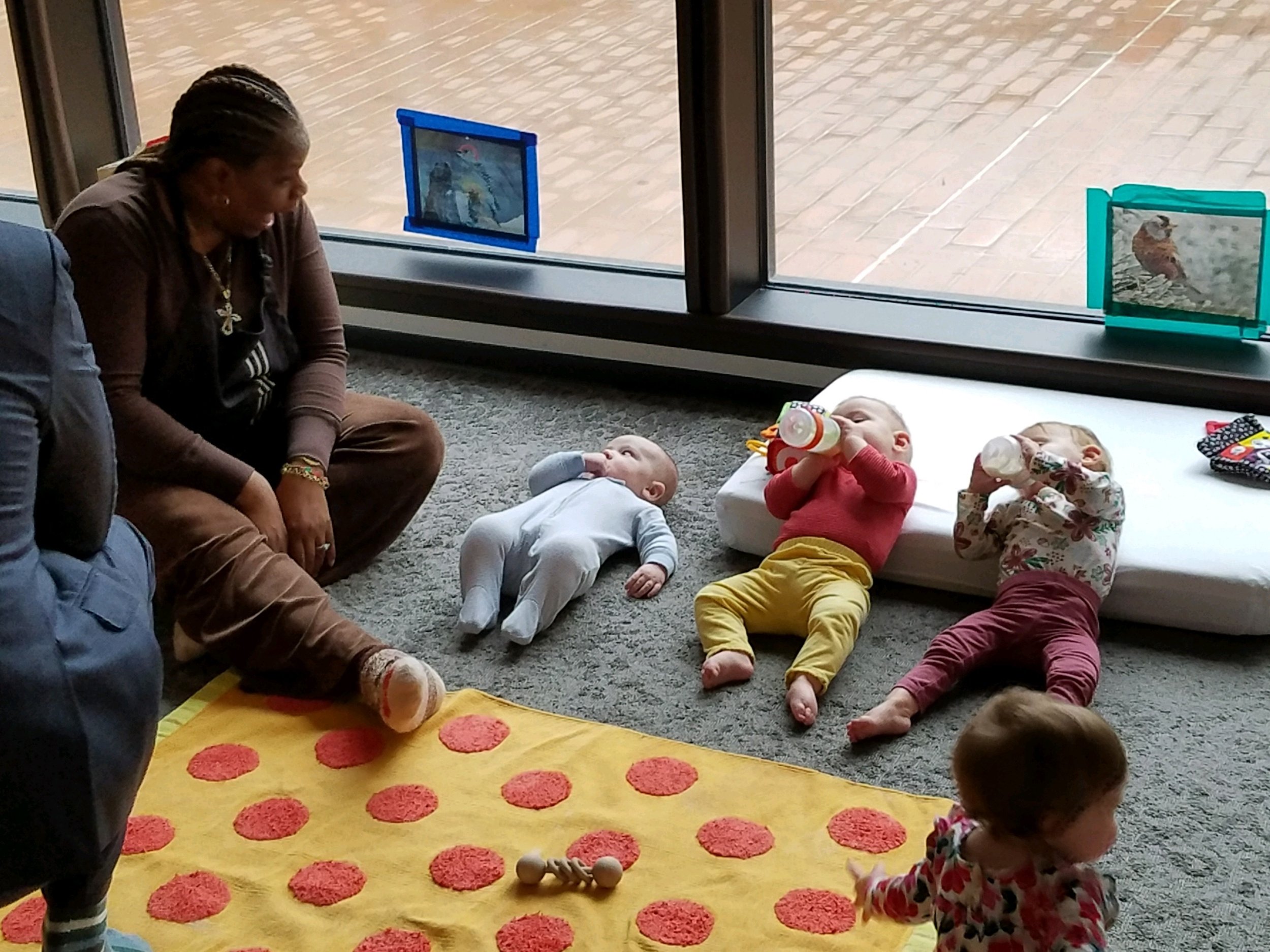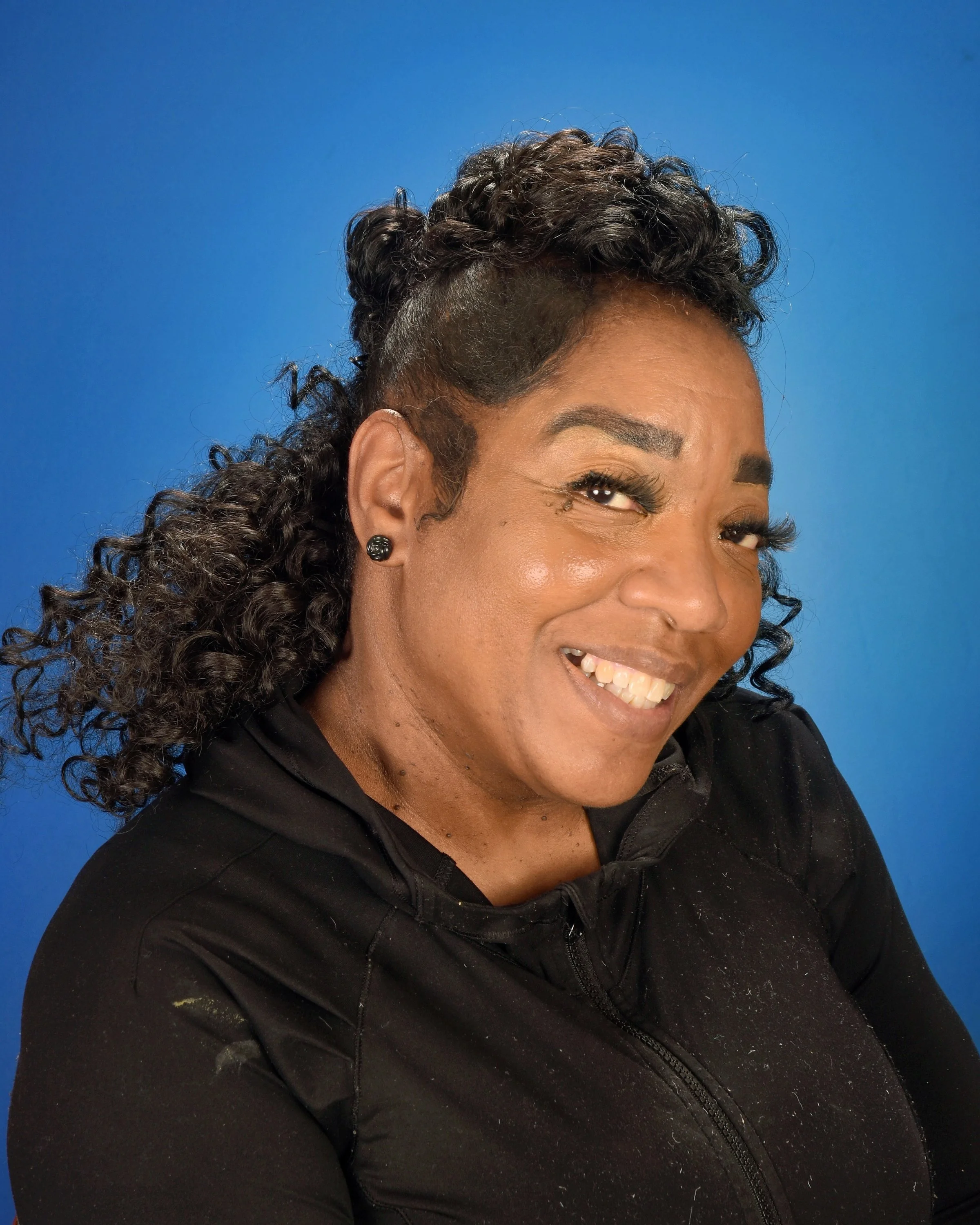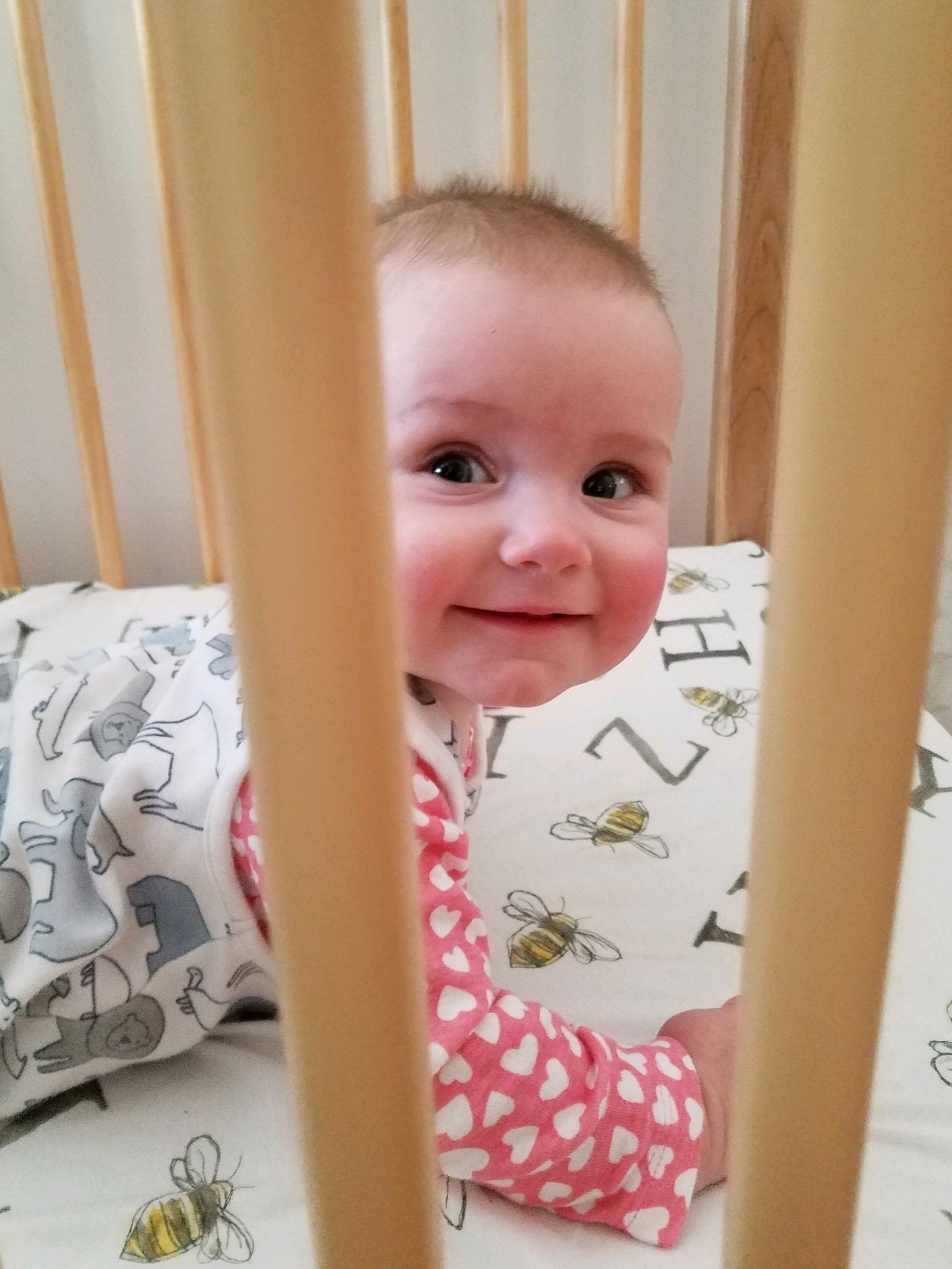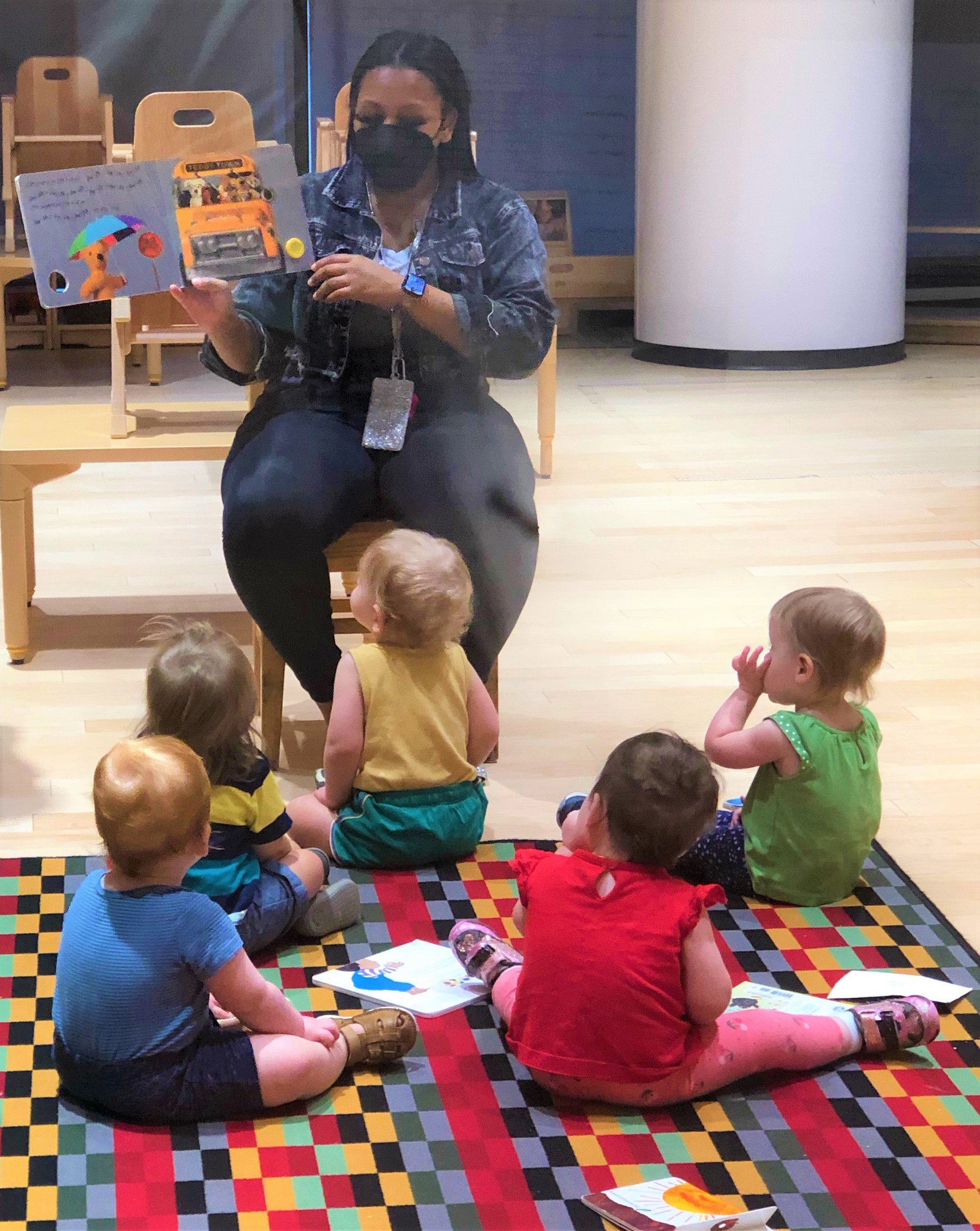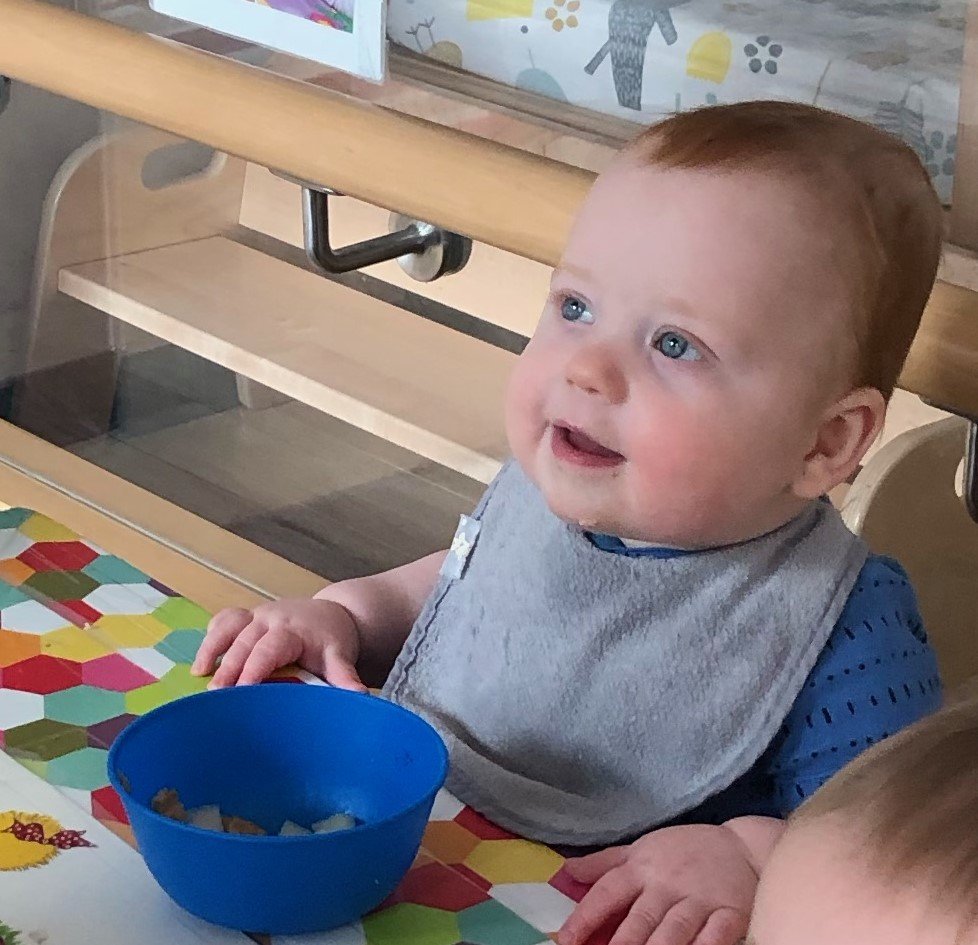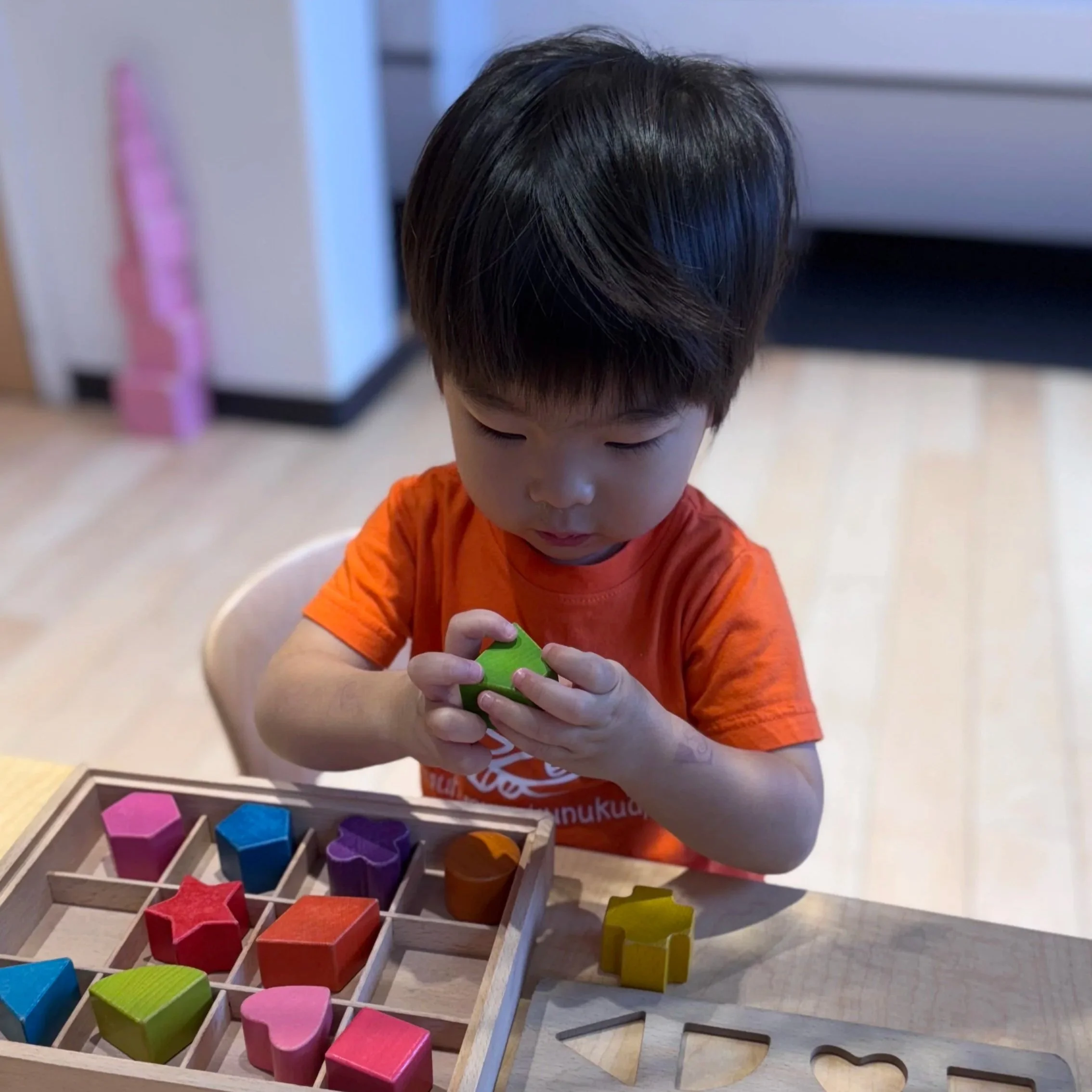Infant Room
The Infant Room welcomes children ages 12 weeks to 12 months.
Our Infant Room is guided by one Lead Teacher, a certified Montessori educator, along with three Assistant Teachers who support each child’s daily needs and growth. Our classroom is intentionally limited to twelve children to ensure individualized attention and meaningful connections.
Our Infant Room operates “on demand". We provide individualized support to foster physical, emotional, social, and cognitive development, ensuring every child thrives in a nurturing and responsive environment.
Each child's daily activity is based on his or her evolving pattern of playing, eating, and sleeping. We follow the child, just like Maria Montessori.

